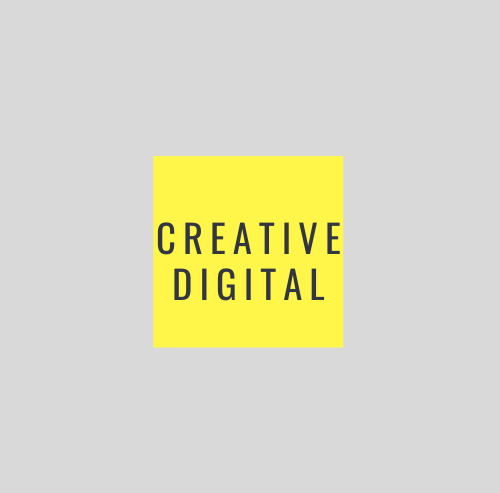What is the difference between meta tag description and meta tag keywords?
What they are and how they work
Meta Keywords are a specific type of meta tag which appears in the HTML code of the webpage and helps tell search engines about the topic of the page. They are not visible to the reader because they live 'behind the scenes', so to speak.
Keywords should be used in several places on a webpage.
A Keyword meta tag is a list of keywords used on a page. Meta tags are used by smaller search engines but Google does not use them to determine their search results
The difference between tags and keywords
Meta keyword tags are not as helpful as they used to be when it comes to the visibility of your website. That does not mean that keyword research should be forgotten about. In fact, every project should start with keyword research. Even if you know your industry, there may be some important search terms that your audience is searching for that you might have given too much importance while some others would not appear in your content at all.
Building a keyword list is also an excellent tool for focusing your activities on the need of your users.
Keywords are the determinants in assessing relevancy to the user of your website.
Does the content talk about what the descriptions say it does? The search engine looks for keywords in the page content, the URL, the title tag, the description tag as it ranks the website against its competitors.
Examples use of tags
Two important meta tags that do make a difference in gaining website visibility and relevance are title tags and meta description tags. Every page of your website should have a unique meta title that is relevant to the page content. It should also incorporate the primary keyword for that page.
Meta description tags create the snippets of text that appear under the link on Google's search engine results pages. So, you can significantly boost organic traffic just by having persuasive description tags for your pages.
Other meta tags that improve the optimisation of the websites are Alt text, canonical tag, header tag (h1, h2, h3, etc).
How to choose a keyword.
There are plenty of free keyword discovery tools to help you on the way. Jaaxy, by far, is my favourite. Not only does it offer the search results in seconds, but it also offers valuable data that helps me judge how like it is that my page or article will be found. That information is :
- Average - number of searches per month the chosen keyword receives
- Traffic - number of visits to your website if you rank on the first page ranking of search engines
- QSR - quoted search results - the number of competing websites that rank in Google for the exact keyword
- Keyword quality indicator - GREEN is good, YELLOW is ok, RED is poor
- SEO - the score based on competition and traffic; Score between 1-100; the higher the score the better the chances of ranking on the first page of search engines.
Do you think this kind of data would help to guide you?
Let's take a look at a sample search. In order to write this article, I undertook keyword research to try to establish relevant terms that users might be searching for.
Conclusion.
Employing a free keyword research tool will result in using keywords effectively within your website which in turn will determine your website's visibility and relevance to the user's search.
It provides focus on the creative process that website building is. It is of the utmost importance when building a brand, launching a product, getting more leads, more customers, and more sales.
You already have something that you want to share with others and provide service. Now, the key is making your website visible to users who are already looking for the products or services you provide.
